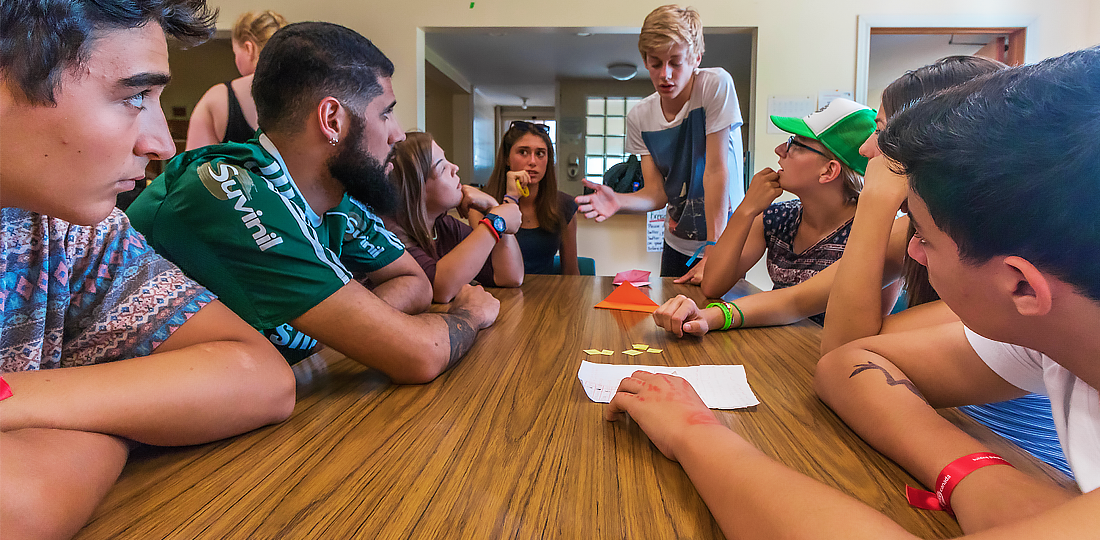Conflict Out There and Right Here
January 25, 2019The Jirafa Toolbox
January 25, 2019by Einav Dinur and Rupert Friederichsen
Welcome to Step 2 of our 2015 campaign to learn about and educate on Conflict and Resolution. In Step 1 we introduced conflict and resolution as such. Step 2 will turn to the question of how can we educate and train people to manage conflicts better
To understand conflict, and ultimately to resolve it peacefully, it can help to have a language to describe it well. This language should help us talk about the ingredients of conflict. It should also guide us with regard to how we react to conflict, what we can do, and what we should do when faced with conflict. What can we do if a conflict becomes worse? How can we communicate to turn conflict into an opportunity?
Conflicts usually involved more than one person. Also language, by definition, is about communicating amongst several people. So developing and using a shared language to manage conflicts will help us, first of all, to understand – as a group – any given conflict more completely and in more depth. Based on this shared understanding we can then work out, again as a group, what we – and others – can do to resolve a conflict. This, in a nutshell, is what Confronting Conflicts offers you.
Confronting Conflicts is a CISV International resource, which aims to give CISVers a common language to help us address interpersonal conflict. It helps us talk about conflict and resolution in a clear and consistent way, and thereby enables us to manage conflicts more effectively.
As trainers, Confronting Conflicts will enable you to encourage CISVers to address conflict and resolution at two levels. On the one hand, to talk about conflict and resolution as a common theme that runs across our activities, projects, etc. On the other hand, it helps us, as CISVers, to lead by example and actually do as we say (remember the “Out there, right here” post?). Sometimes it’s rather easy to have an activity about conflict in the world. But are we always willing to face up to a conflict we are having with, for example, another leader? Are we always willing to help two staff members who are not getting along peacefully to resolve their issue so our camp can be better?
In 2015 we ask for your support us in making as many CISVers as possible familiar with Confronting Conflicts and to really put the ideas in it into practice in our programmes and chapters.
For our trainers, we have a training pack available online here which is based on Confronting Conflicts and which explains its key points. It comes with a Powerpoint presentation and a training session and exercises ready to run. We have also created a video tutorial to help you prep and talk through the elements of the session.
So here is what you – our dear trainers – can do to help make 2015 a year of change in how we handle conflicts in CISV:
1. Allocate time in your training schedule to run a session on Confronting Conflicts
2. Read the resource and the training material before so that you can have a good grasp on the content and pass it on to your trainees
3. Encourage trainees to familiarize themselves with Confronting Conflicts and use it in their programme and/or chapter
4. Inform your trainees on all the resources available to run activities on in their programmes and / or chapter
Click here to email Einav, the author of Confronting Conflicts, who will be available to answer any further question you have about running a Conflict and Resolution training session.
Happy training!
PS: Just as a reminder: This is the link to the page containing the training pack



